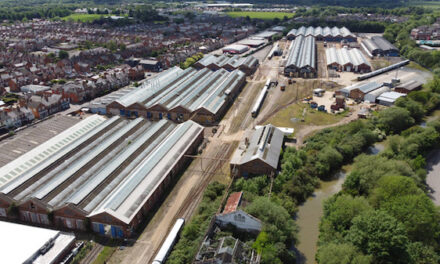Responding to the announcement that rail fares will rise by 4.9 per cent from March 2024, Michael Solomon Williams, from charity Campaign for Better Transport, said:
“We are being asked to be thankful for small mercies, but raising rail fares next year when fuel duty remains frozen sends the wrong message about how we want and need people to travel. To tackle air pollution, congestion and climate change, rail travel needs to be an affordable choice, not a luxury.”
Regulated rail fares, including standard day returns, season tickets and most commuter fares, make up almost half (45 per cent) of all fares and increases are set by the Government. Usually fares rise by the previous July’s RPI figure but in 2022, to avoid a double-digit fare rise, the Government used the average earnings growth rate instead and postponed the rise until 5 March (instead of January) 2023.
This meant fares rose by 5.9 per cent this year, rather than 12.3 per cent (July 2022’s RPI figure), but this was still the highest rise in a decade (fares rose at six per cent in 2012).
Today’s announcement means that out of 40 popular commuter routes into London, 5 will see season tickets newly go above £5,000 next year, and 3 will pass the £6,000 mark with an annual season ticket from Southampton to London costing over £7,000 (£7,150).








